2000 Chevrolet Cavalier Brake Rotors and Pads
Click here to search another vehicle
All Rotors:
OEM x
Coated x
Drilled, Slotted and Coated x
Front x
Rear x
All Pads:
Ceramic x
Semi-metallic x
Front x
Rear x
Found 9 record
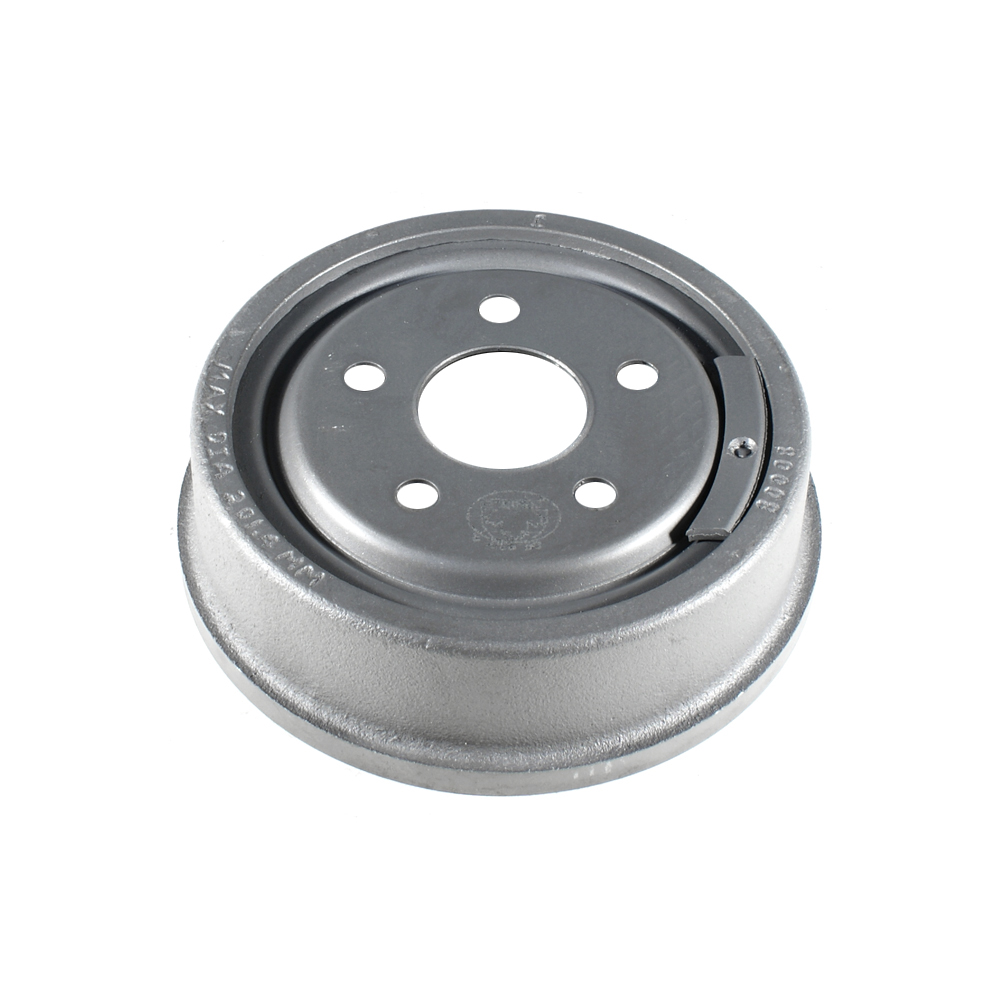
Part No: BD80008
Raybestos: 9559
OE:
Raybestos: 9559
OE:
$28.98 each
Per Car QTY: 2
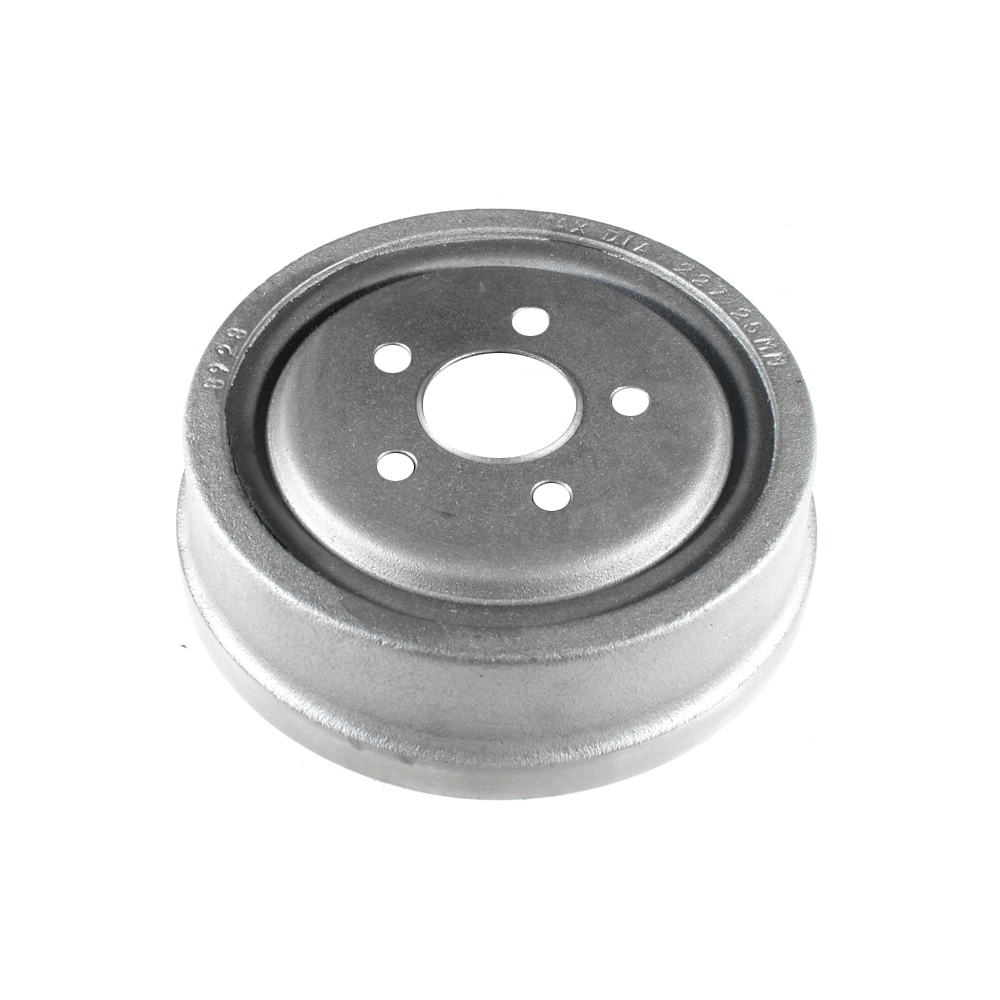
Part No: BD8928
Raybestos: 2002
OE: 18021269
Raybestos: 2002
OE: 18021269
$36.61 each
Per Car QTY: 2
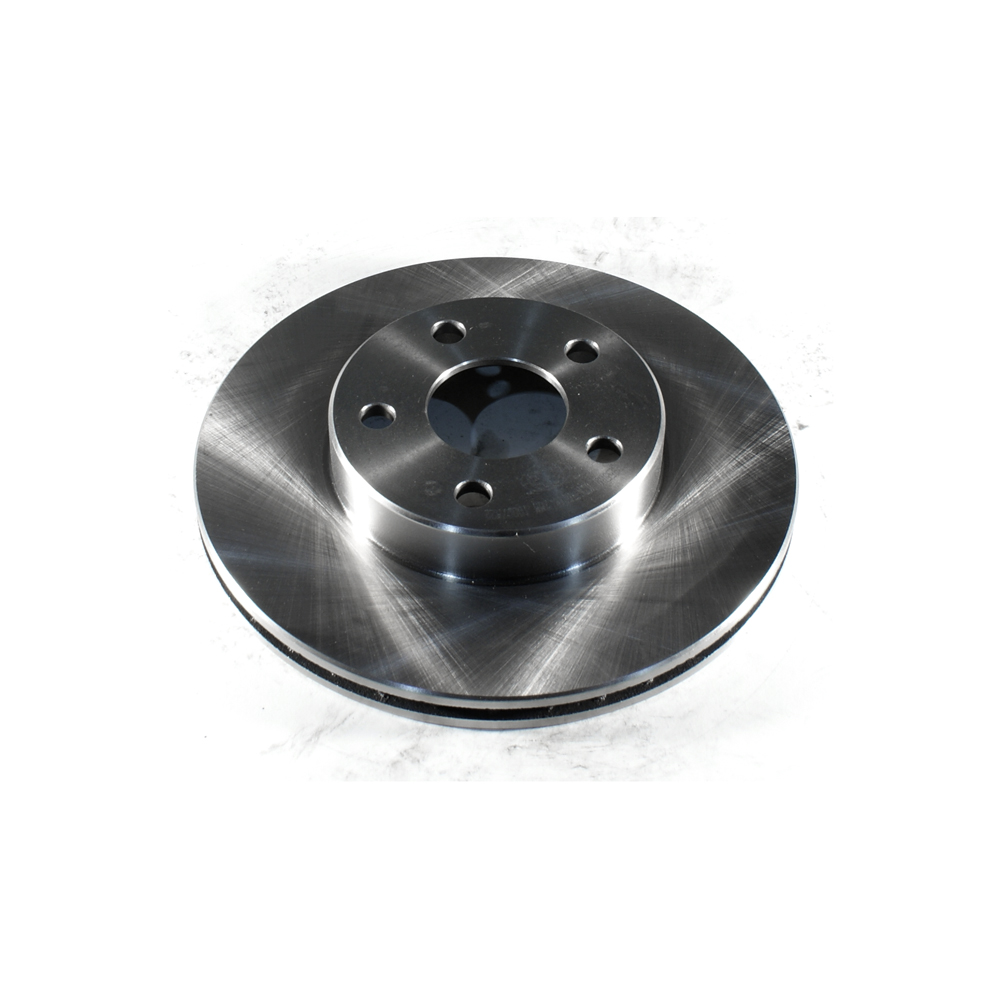
Part No: BR5580
Raybestos: 56140
OE: 18060237
Raybestos: 56140
OE: 18060237
$25.25 each
Per Car QTY: 2
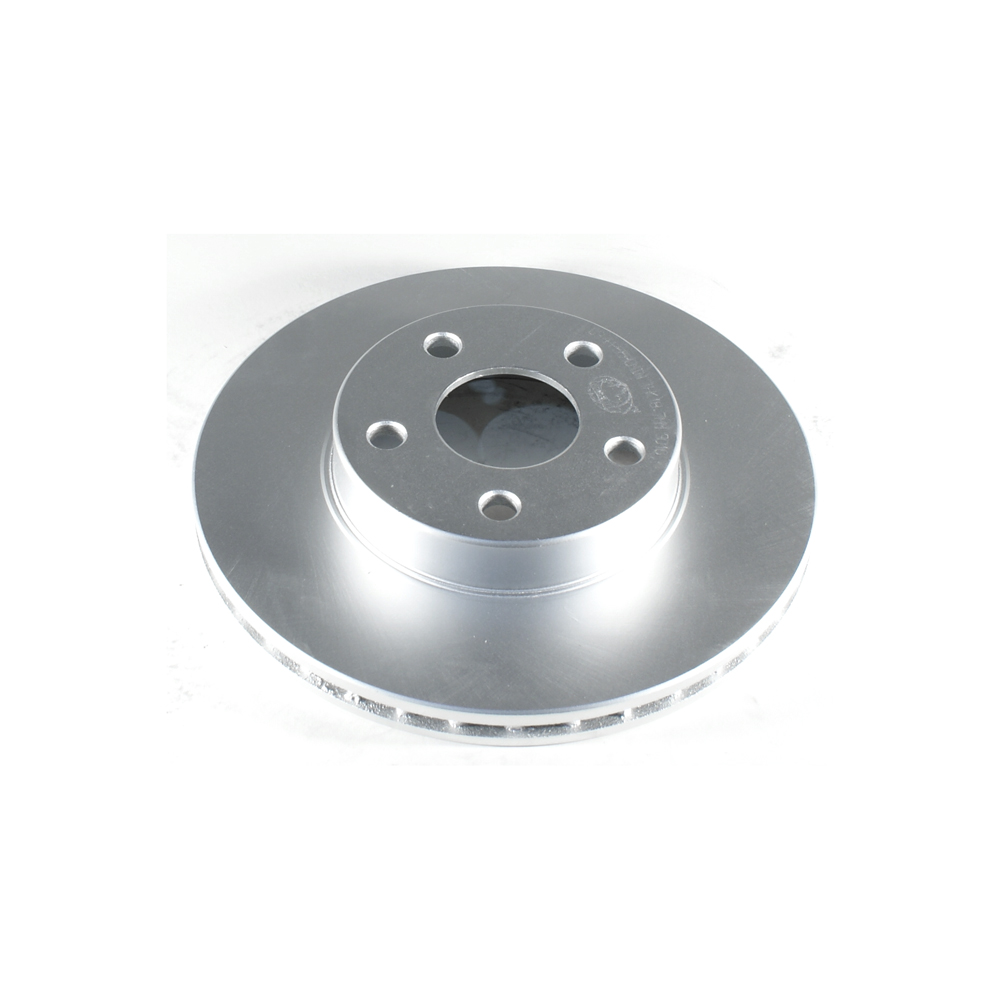
Part No: PP5580
Raybestos: 56140
OE: 18060237
Raybestos: 56140
OE: 18060237
$32.4 each
Per Car QTY: 2
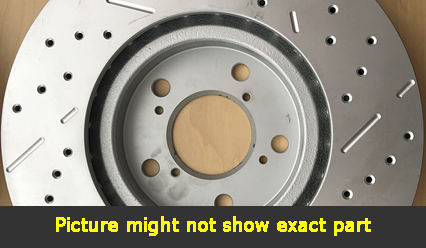
Part No: SP5580L
Raybestos: 56140
OE: 18060237
Raybestos: 56140
OE: 18060237
$64.8 each
Per Car QTY: 1
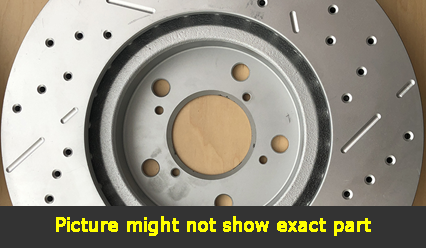
Part No: SP5580R
Raybestos: 56140
OE: 18060237
Raybestos: 56140
OE: 18060237
$64.8 each
Per Car QTY: 1
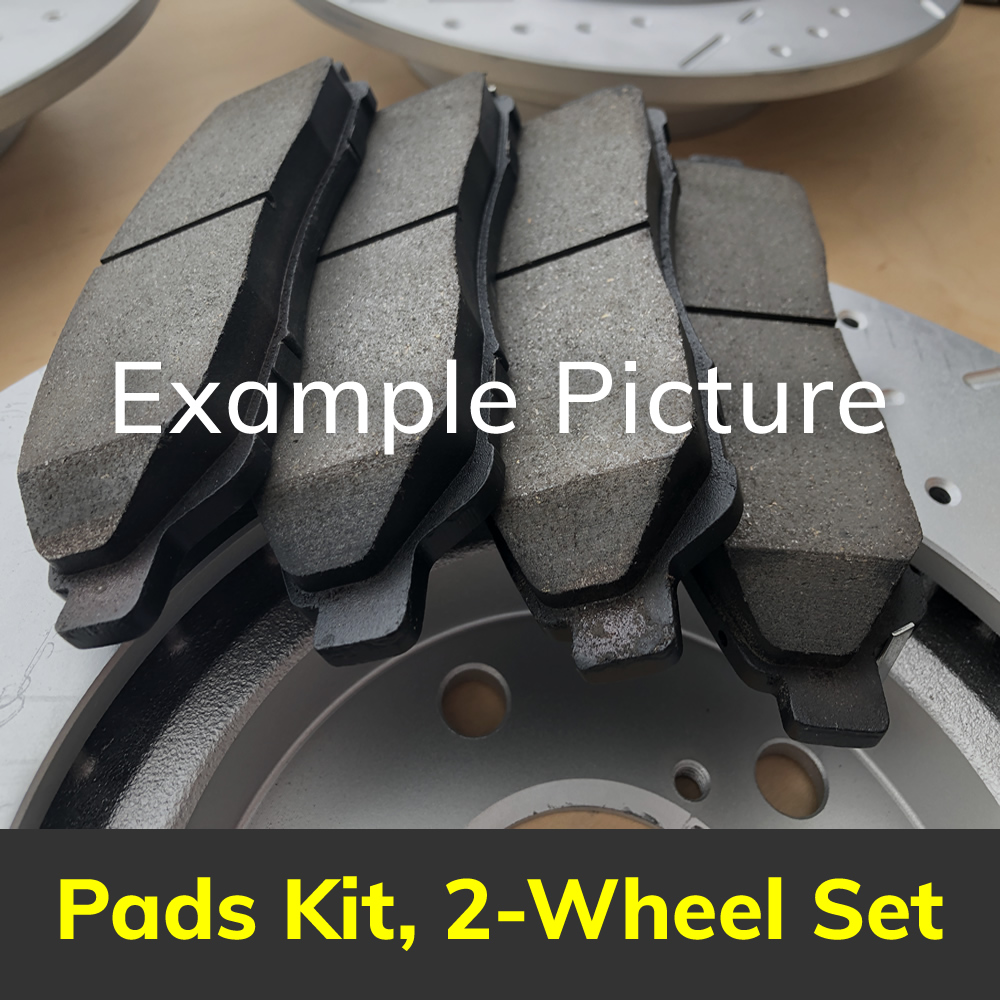
Part No: PD506C
Raybestos: 506
OE:
Raybestos: 506
OE:
$28.98 each
Per Car QTY: 1
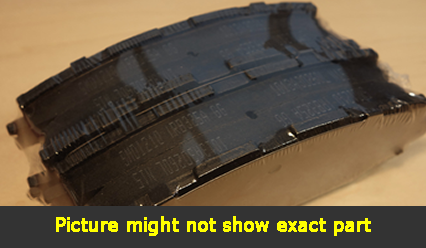
Part No: SMD506
Raybestos:
OE:
Raybestos:
OE:
$23.44 each
Per Car QTY: 1
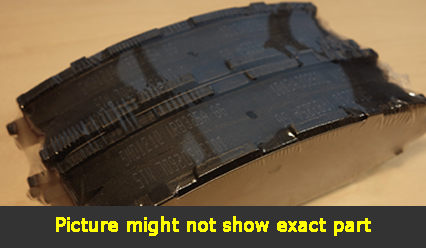
Part No: SMD553
Raybestos:
OE:
Raybestos:
OE:
$16.18 each
Per Car QTY: 1
The braking system is one of the most crucial components of any vehicle, and this holds true for the 2000 Chevrolet Cavalier as well. The brakes on a car are what ensure the safety of both the driver and passengers by providing the ability to slow down and stop the vehicle effectively. In this article, we will explore the brake system of the 2000 Chevrolet Cavalier and understand the importance of properly maintained brakes.
The brake system of the 2000 Chevrolet Cavalier consists of several components that work together to slow down and stop the car. The primary components of the brake system include the brake pads, rotors, calipers, brake lines, and the brake master cylinder. Each of these components plays a crucial role in ensuring the proper functioning of the braking system.
The brake pads are perhaps the most important part of the braking system. These pads are made of friction material and are pressed against the brake rotors when the brakes are applied. The friction created between the pads and rotors allows the vehicle to slow down and eventually come to a stop. Over time, the brake pads wear out and need to be replaced to maintain optimal braking performance.
The brake rotors, also known as brake discs, play a vital role in the braking system by providing a surface for the brake pads to generate friction against. These rotors can wear down over time due to the constant friction generated during braking. If the rotors become too thin or develop grooves, they will need to be resurfaced or replaced to ensure effective braking.
The calipers are responsible for housing the brake pads and applying pressure to them. When the driver presses the brake pedal, hydraulic pressure is generated through the brake lines, which in turn applies pressure to the calipers. This pressure causes the calipers to squeeze the brake pads against the rotors, generating the friction needed to slow down the vehicle. If the calipers become damaged or fail to apply enough pressure, it can result in poor braking performance or even brake failure.
The brake lines are responsible for transmitting the hydraulic pressure from the master cylinder to the calipers. These lines are made of reinforced rubber or metal and are prone to wear and tear over time. If a brake line develops a leak or becomes damaged, it can result in a loss of hydraulic pressure, causing decreased brake performance.
The brake master cylinder serves as the main component that generates and controls hydraulic pressure in the braking system. When the driver presses the brake pedal, it activates the master cylinder, which then sends pressurized brake fluid through the brake lines to the calipers. A malfunctioning master cylinder can result in a loss of braking power or a spongy brake pedal feel.
To ensure the brakes of a 2000 Chevrolet Cavalier are working optimally, regular maintenance is crucial. The brake pads should be inspected periodically and replaced when they are worn down to a certain thickness. It is also important to check the brake rotors for wear and damage, resurfacing or replacing them as needed. The brake calipers should be checked for proper functioning, as well as the brake lines for any leaks or damage. Regularly checking the brake fluid level and flushing the system as recommended by the vehicle manufacturer is also vital.
In conclusion, the brake system of a 2000 Chevrolet Cavalier is crucial for the safe operation of the vehicle. Properly maintained brakes ensure effective stopping power and enhance overall road safety. Regular inspections, maintenance, and prompt replacement of worn or damaged brake components are essential to keep the braking system functioning optimally.
The brake system of the 2000 Chevrolet Cavalier consists of several components that work together to slow down and stop the car. The primary components of the brake system include the brake pads, rotors, calipers, brake lines, and the brake master cylinder. Each of these components plays a crucial role in ensuring the proper functioning of the braking system.
The brake pads are perhaps the most important part of the braking system. These pads are made of friction material and are pressed against the brake rotors when the brakes are applied. The friction created between the pads and rotors allows the vehicle to slow down and eventually come to a stop. Over time, the brake pads wear out and need to be replaced to maintain optimal braking performance.
The brake rotors, also known as brake discs, play a vital role in the braking system by providing a surface for the brake pads to generate friction against. These rotors can wear down over time due to the constant friction generated during braking. If the rotors become too thin or develop grooves, they will need to be resurfaced or replaced to ensure effective braking.
The calipers are responsible for housing the brake pads and applying pressure to them. When the driver presses the brake pedal, hydraulic pressure is generated through the brake lines, which in turn applies pressure to the calipers. This pressure causes the calipers to squeeze the brake pads against the rotors, generating the friction needed to slow down the vehicle. If the calipers become damaged or fail to apply enough pressure, it can result in poor braking performance or even brake failure.
The brake lines are responsible for transmitting the hydraulic pressure from the master cylinder to the calipers. These lines are made of reinforced rubber or metal and are prone to wear and tear over time. If a brake line develops a leak or becomes damaged, it can result in a loss of hydraulic pressure, causing decreased brake performance.
The brake master cylinder serves as the main component that generates and controls hydraulic pressure in the braking system. When the driver presses the brake pedal, it activates the master cylinder, which then sends pressurized brake fluid through the brake lines to the calipers. A malfunctioning master cylinder can result in a loss of braking power or a spongy brake pedal feel.
To ensure the brakes of a 2000 Chevrolet Cavalier are working optimally, regular maintenance is crucial. The brake pads should be inspected periodically and replaced when they are worn down to a certain thickness. It is also important to check the brake rotors for wear and damage, resurfacing or replacing them as needed. The brake calipers should be checked for proper functioning, as well as the brake lines for any leaks or damage. Regularly checking the brake fluid level and flushing the system as recommended by the vehicle manufacturer is also vital.
In conclusion, the brake system of a 2000 Chevrolet Cavalier is crucial for the safe operation of the vehicle. Properly maintained brakes ensure effective stopping power and enhance overall road safety. Regular inspections, maintenance, and prompt replacement of worn or damaged brake components are essential to keep the braking system functioning optimally.


